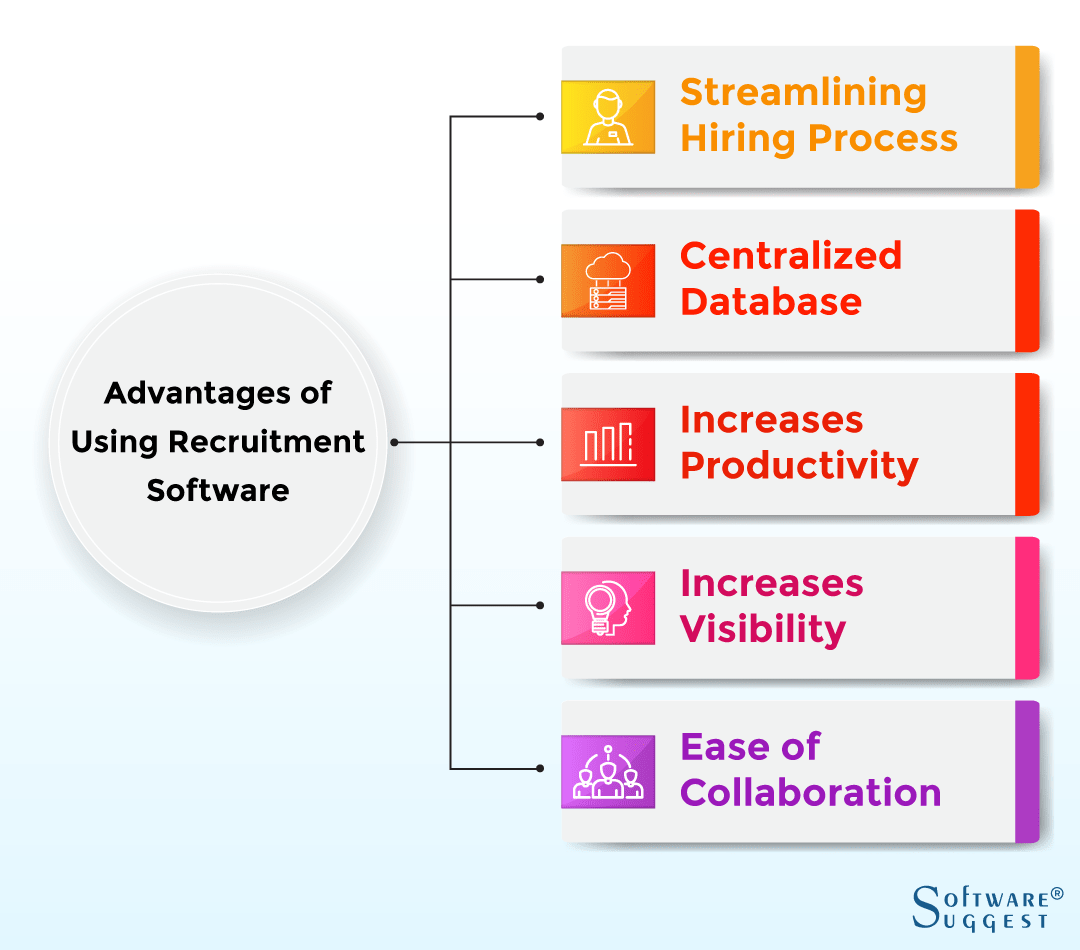Recruitment Revolution: How Software Tools Boost Recruiting Talent

In fierce job market, the way organizations approach recruitment has undergone a significant transformation. With a multitude of applicants striving for roles across sectors, businesses need to utilize every available tool to attract and select the ideal candidates. This is where recruitment comes into play, transforming the hiring process and simplifying efforts for recruitment teams.
Recruitment software has become essential for companies aiming to enhance their talent acquisition strategies. By automating repetitive tasks, offering advanced analytics, and enhancing candidate experiences, these applications make the hiring process more intelligent and more efficient. As organizations increasingly recognize the value of a strong recruitment strategy, understanding the effects of technology on attracting top talent becomes crucial.
Features of Hiring Software
Hiring software streamlines the recruiting process, allowing companies to effectively manage their talent acquisition efforts. By simplifying repetitive tasks such as resume screening and scheduling interviews, organizations can save critical time and focus on important aspects of recruitment. This increased efficiency not only speeds up the hiring timeline but also enhances the overall candidate experience, making a good impression on future employees.
Another major advantage of recruitment software is its ability to boost collaboration among hiring teams. With unified platforms, team members can share notes, feedback, and updates in instant, fostering stronger communication and alignment throughout the hiring process. This clarity ensures that everyone involved is on the consistent page, leading to better decision-making and a aligned approach to selecting the best candidates.
Additionally, recruitment software often comes equipped with analytics and reporting features that provide essential insights into the hiring process. Companies can track key metrics such as time-to-hire, source effectiveness, and candidate quality, enabling data-driven improvements in their recruitment strategies. By leveraging these insights, organizations can constantly refine their approaches, adapt to changing market conditions, and eventually attract and retain top talent more effectively.
Key Features of Efficient Solutions
Effective hiring software should include robust applicant tracking systems that enhance the hiring process. These systems assist companies to handle job postings, CVs, and emails from a unified interface. By centralizing this information, organizations can monitor applicants through each stage of the selection process, guaranteeing that no candidate falls through the cracks and that hiring managers can make informed decisions swiftly.
Another crucial feature is automated tools that facilitate interviews and follow-up communications. This functionality minimizes the backlash often involved in setting up interviews, providing candidates with a seamless experience. Automation not only does it save time for talent acquisition teams but also enhances the overall effectiveness of the hiring process, allowing teams to concentrate on finding the right candidates rather than administrative tasks.
Lastly, reporting and metrics tools are essential for measuring the success of talent acquisition initiatives. These tools offer insights into key performance indicators, such as hiring duration and source of hire, allowing companies to enhance their hiring approaches. By using data, organizations can adjust their methods, identify trends, and make informed actions that enhance their talent acquisition success.
Upcoming Trends in Talent Acquisition

As the landscape of recruitment continues to change, artificial intelligence is set to play a significant role in hiring processes. Companies are increasingly utilizing AI-driven software for hiring to enhance candidate sourcing and evaluation. By utilizing algorithms that evaluate resumes and align qualifications with job requirements, organizations can speed up the hiring process while ensuring a better quality of applicants. This innovation not only saves time but also reduces the risk of unconscious bias in candidate selection.
Another important trend is the rise of remote recruitment solutions. With the transition towards hybrid and completely remote work models, recruitment software is adapting to facilitate hiring processes that are virtual. Employers are embracing tools that support video interviews, remote onboarding, and collaborative hiring workflows. This shift enables companies to expand their search in their search for talent, allowing access to a diverse pool of candidates across different locations.
Lastly, data analytics will play an increasingly essential role in improving recruitment strategies. Software for hiring is now equipped with sophisticated analytics capabilities that provide understanding into the efficacy of hiring processes, engagement with candidates, and the retention rate of employees. Organizations can leverage this data to make informed decisions, improve recruitment strategies, and ultimately boost their overall hiring effectiveness. By utilizing software for recruitment , companies can stay ahead in the job market and ensure they capture the best talent available.
